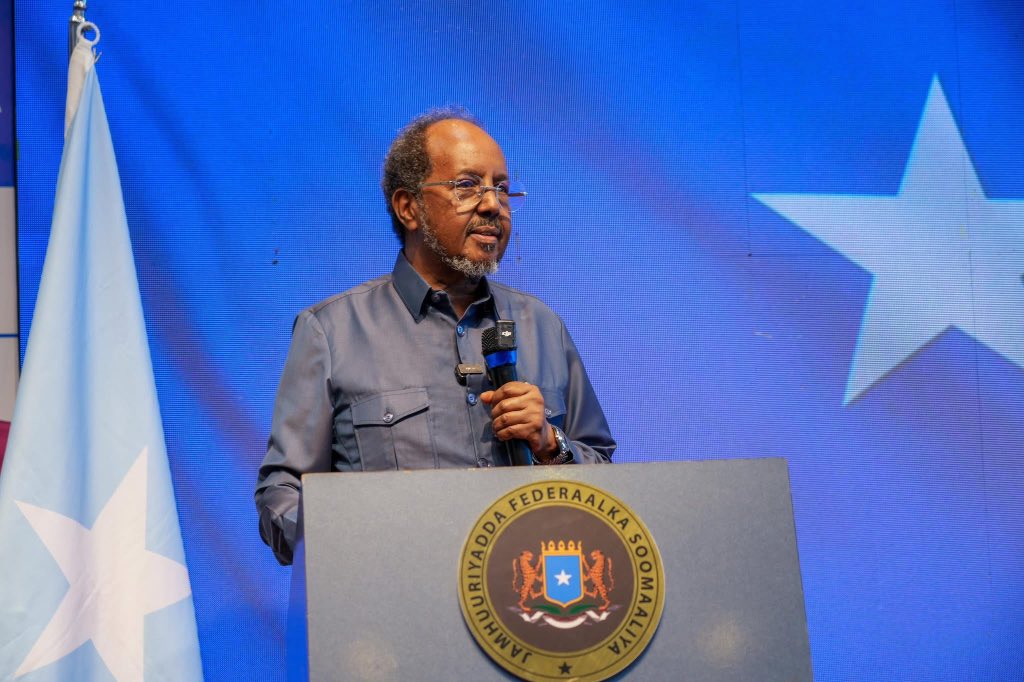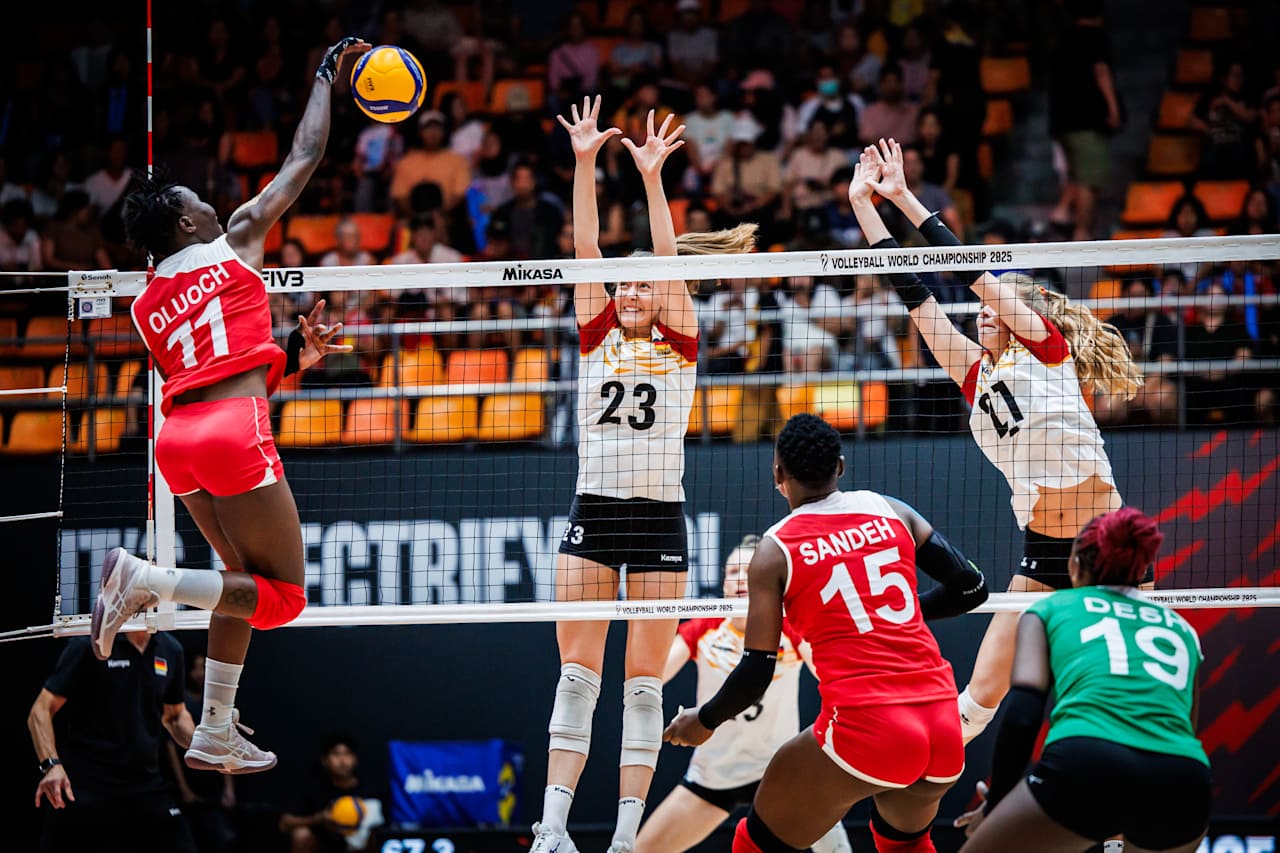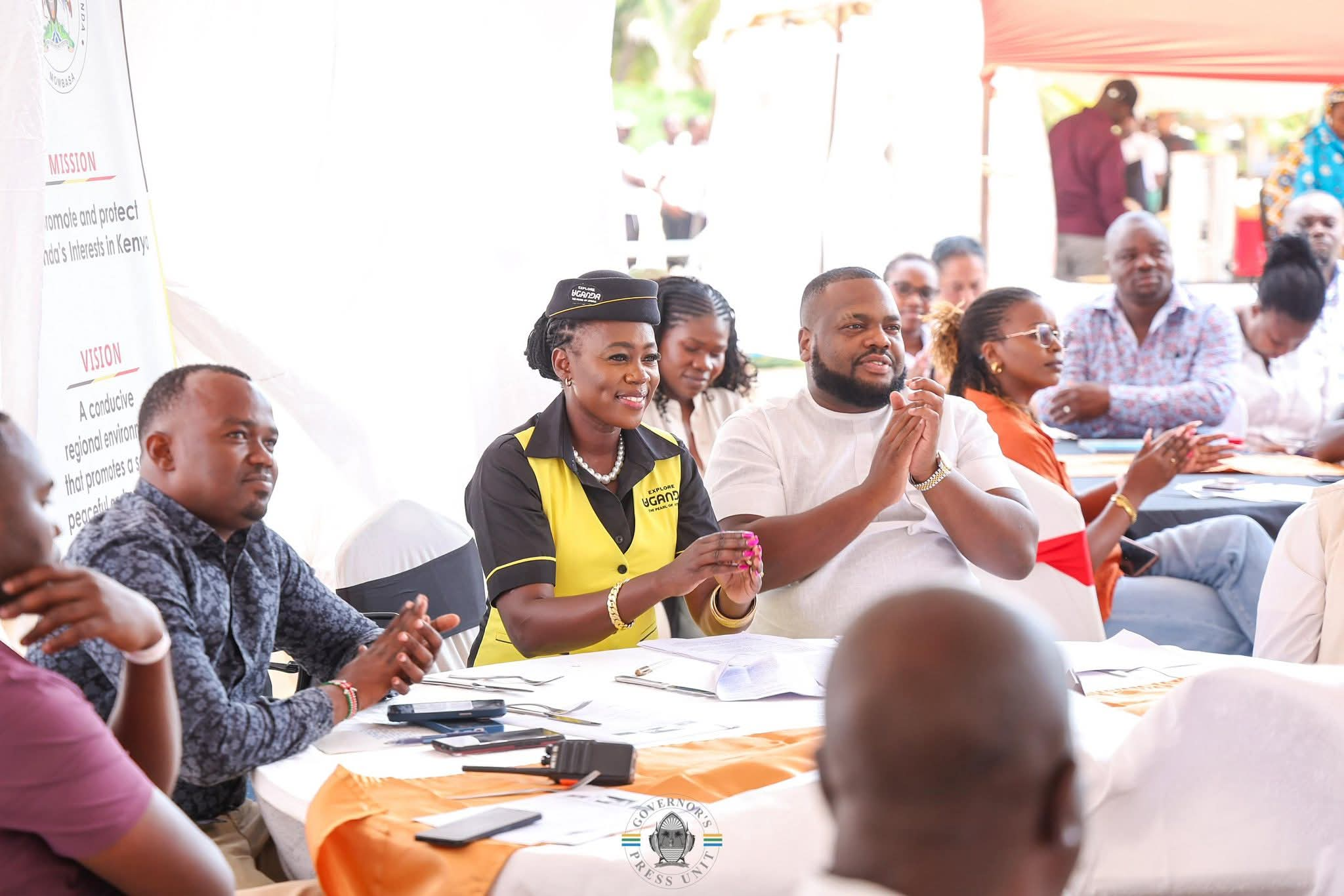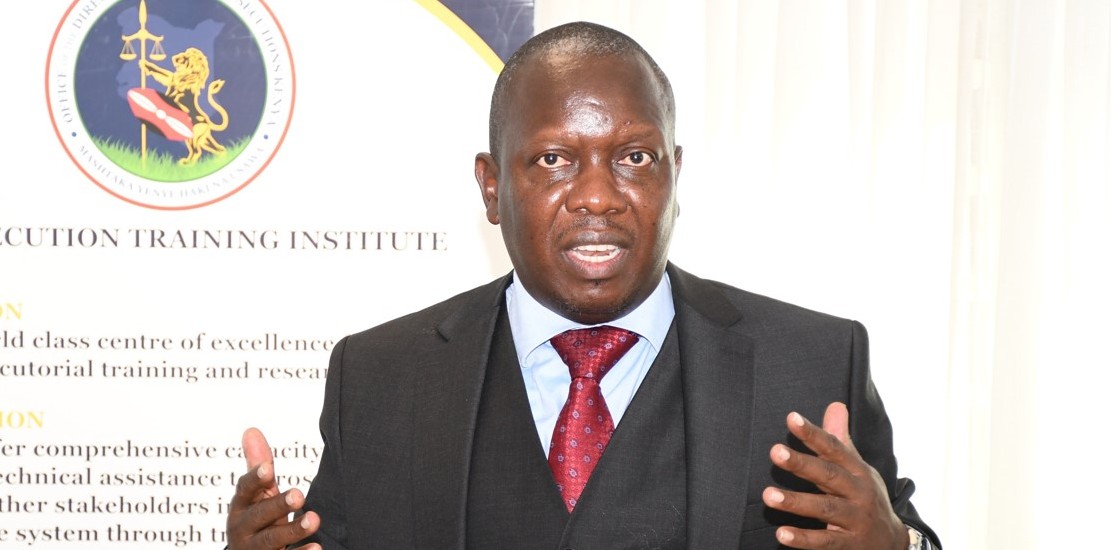High Court rejects contempt bid against Ruto over IEBC appointments, cites due process
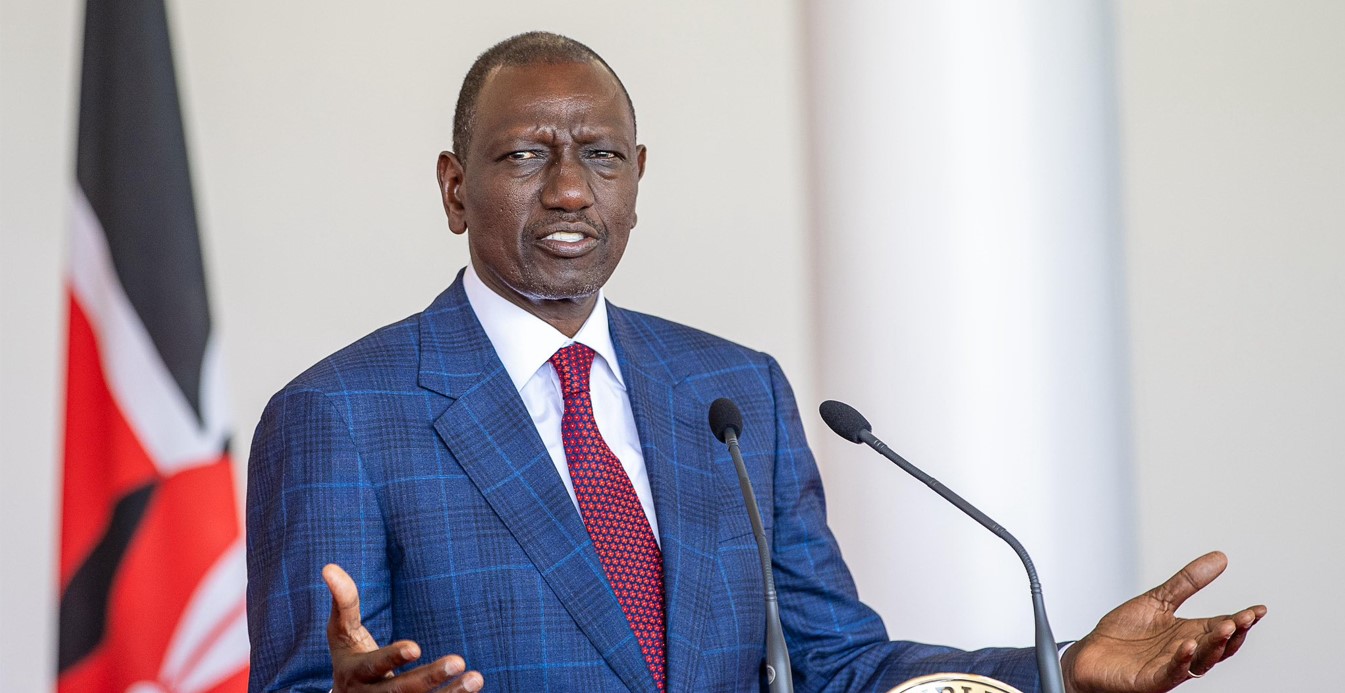
The three-judge bench, in its ruling, underscored the seriousness of contempt proceedings and stressed that due process must be strictly followed before any sanctions are imposed.
The High Court has rejected an oral application that sought to cite President William Ruto and other state officials for contempt of court over the appointment of members to the Independent Electoral and Boundaries Commission (IEBC) despite a court order.
The ruling delivered by a three-judge bench emphasised the gravity of contempt proceedings and insisted that due process must be followed before such sanctions can be imposed.
More To Read
- Ruto appoints Komora, Siparo to National Police Service Commission
- Challenging the status quo: Githunguri MP Gathoni Wamuchomba tells it all
- Ruto, Raila and leaders unite in praise for Harambee Stars despite 'heartbreaking' loss
- Maraga urges IEBC to resume voter registration, warns delays disenfranchising youth
- Court suspends Ruto’s anti-corruption taskforce pending hearing of case
- House Committee rejects Ruto-backed presidential transition Bill
The court observed that while obedience to court orders is fundamental to the rule of law and the stability of any democratic society, the right to a fair hearing must also be upheld.
"Failure to comply with court orders may attract penalties, including fines or imprisonment," the court stated. "However, those alleged to be in contempt must first be granted an opportunity to be heard," the court noted
The petitioners had asked the court to find that the head of state, along with the AG, who allegedly knew a prior court order issued by Justice Mugambi suspending the appointment of IEBC commissioners, had acted in defiance of the court and should therefore be held in contempt.
However, the respondents opposed the move, arguing that the court could not make such a finding in respect of individuals who were not formally enjoined as parties in the case.
They further maintained that contempt proceedings could not be initiated orally or against persons who had not been allowed to respond.
"The issue being grave cannot be determined in oral submissions, particularly against individuals who are not parties to the proceedings and who have not been afforded the right to be heard," the three-judge bench concluded.
Top Stories Today

